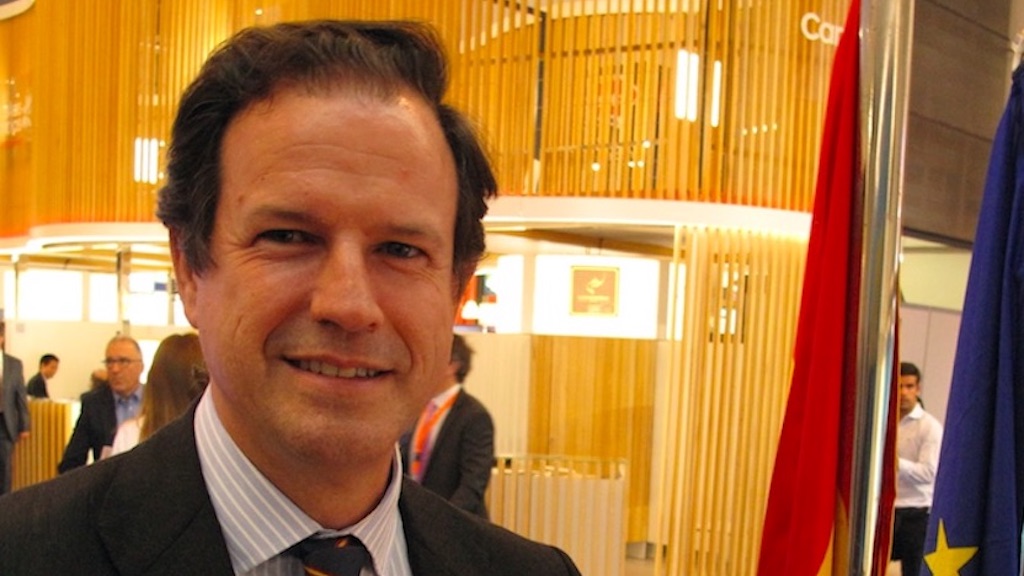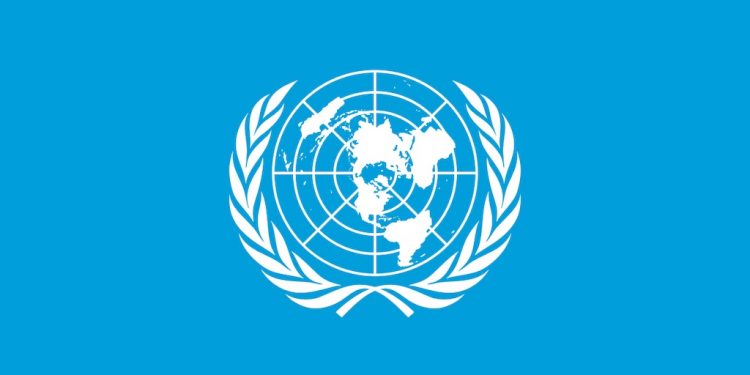95% of the world’s oceans comprise areas beyond national jurisdiction, and the international community has since 2017 been working towards a legally binding instrument on the conservation and sustainable use of marine Biological diversity of areas Beyond National Jurisdiction (BBNJ), under the auspices of United Nations (UN).
The treaty aims to implement area-based management tools, including marine protected areas (MPAs), and to regulate human activities in the High Seas. The United Nations will convene a resumed fifth session of the BBNJ from 20th February to 3rd March in New York City, to try to reach a final agreement.
European industry body Europêche has issued a reminder that fisheries knowledge and expertise have been left out since the beginning of the negotiations, resulting in the biased perception that a strong and urgent intervention on fisheries is required through the establishment of a comprehensive new regime of a global network of MPAs in the high seas, as well as the implementation of environmental impact assessment guidelines that could be enforced on fishing vessels.

According to Europêche the situation is quite the contrary, as fisheries on the high seas are strictly regulated through a wide range of instruments and relevant bodies, including through numerous RFMOs, the UN Fish Stock Agreement and the FAO Port State Measures Agreement.
A Europêche representative points out that the mandate given by the UN to BBNJ negotiators is clear: this process and its result should “not undermine” existing relevant legal instruments and frameworks and relevant global, regional and sectoral bodies.
Therefore, the BBNJ process is banned from amending the existing regime on fisheries for the high seas established by the Law of the Sea (UNCLOS), which is robust and coherent. However, the BBNJ’s negotiations have become a huge risk to the current fisheries governance system for the reasons explained below.
One of the main controversies is very much a matter of interpretation. For some, “not undermine” means full respect of competences, while for others it enables to take actions beyond the decisions adopted by the legal instruments, frameworks and relevant bodies such as Regional Fisheries Management Organisations (RFMOs) and take control over the marine resources therein, when deemed necessary by BBNJ Parties and experts. Such ambiguity can only be clarified with the explicit language needed to avoid misinterpretation or even worse – the creation of a hierarchically superior authority over those fisheries management tools and relevant bodies.
‘No regulatory gaps have been identified for fisheries. Fisheries management is a living discipline in continuous improvement, where conservation and sustainable use are at its core. There could be implementation gaps whose attention and solution can be fully addressed thanks to the effective regulation of fishing activities in the high seas,’ said Europêche President Javier Garat.
‘We are the most regulated activity in the High Seas. The BBNJ process needs to become the expected milestone in filling gaps in other areas of the use of the oceans, without affecting the solid evolution of fisheries management tools and their effectiveness.’
He commented that Europêche wants to see stronger involvement of fisheries experts as well as a better consultation between BBNJ delegations and national representatives of Fisheries Agencies and Ministries of Fisheries in the context of the BBNJ negotiating process and future proceedings.
The fisheries body is also calling for the exclusion of fisheries from the BBNJ Agreement, as fishing activities in the high seas shall continue to be managed at the regional level in relation with the species of common interest for the contracting Parties of a given legal instrument, framework or relevant body, and for a BBNJ Agreement that effectively co-operates with RFMOs in a manner that does not undermine their scope, mandate and competences.









